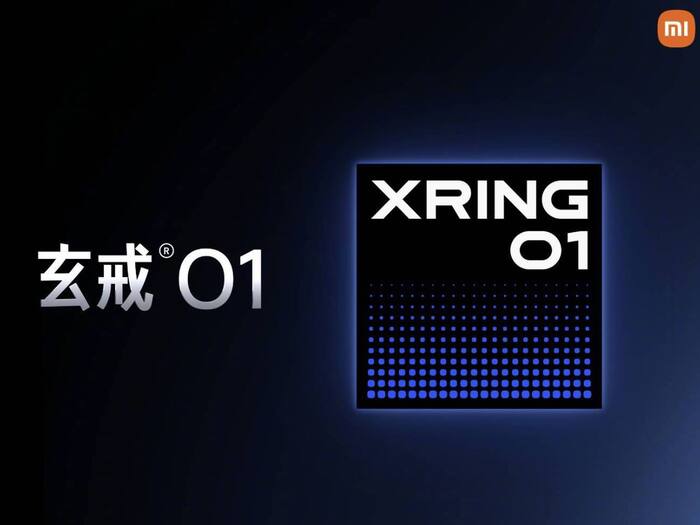
Written By Madhav Malhotra
Edited By: Madhav Malhotra | Published By: Madhav Malhotra | Published: May 16, 2025, 10:40 AM (IST)

Xiaomi is known for its innovations in smartphones, and now they seem to have taken that innovation a notch higher with the launch of their own custom-made high-end smartphone processor, called the Xiaomi XRING 01. This new chip was announced by their CEO, Lei Jun, on May 15th, marking a major milestone in Xiaomi’s journey toward becoming a fully self-reliant tech giant. While official details about the chip haven’t been released yet, we do have some leaks and rumours about what this processor could mean for the brand. Also Read: Google Might Be Giving Tensor Chips a Much-Needed Performance Boost: Tensor G6 Rumoured to Use 2nm Process for Pixel 11
The Xiaomi XRING 01 is expected to be built on TSMC’s advanced 4nm (N4P) process, the same node used by flagship chips from rival brands like Qualcomm and MediaTek. The XRING 01 might pack an impressive octa-core CPU in a 1+3+4 configuration, featuring a powerful Cortex-X925 prime core clocked at 3.2GHz, three Cortex-A725 performance cores at 2.6GHz, and four Cortex-A520 efficiency cores at 2.0GHz. Also Read: Best Alternatives for Nintendo Switch 2: Check Out Top Picks With Specifications, Features, Storage and More
Xiaomi develops its own chipset for mobile phones, XRING 01, based on TSMC's N4P 4nm node, which will launch at the end of May 2025.
Architecture
🔳 1+3+4
1 × 3.20GHz
3 × 2.50GHz
4 × 2.00GHz#XRING01 #Xiaomi pic.twitter.com/SZULgrxMHL— Abhishek Yadav (@yabhishekhd) May 15, 2025
Graphics are expected to be handled by the Imagination Technologies IMG DXT72 GPU running at 1.3GHz, which is rumoured to outperform the Adreno 740 found in the Snapdragon 8 Gen 2. The chip is also said to include a custom Image Signal Processor (ISP) developed by Xiaomi, while likely relying on third-party 5G modems and DSPs from the likes of MediaTek, Synopsys, or Huawei. While the XRING 01 may not yet surpass the peak performance of the latest Snapdragon or Dimensity SoCs, it clearly marks Xiaomi’s bold entry into flagship-grade silicon.
This isn’t the first time we’ve heard about Xiaomi working on chipsets of their own. They’ve previously announced in-house chips like the Surge C1, a custom ISP developed for the Mi Mix Fold. Xiaomi also created the Surge G1, a battery management chip used in the Xiaomi 12S Ultra, and more recently, the Surge T1, a security chip featured in the Xiaomi 14 series. It’s interesting to see more smartphone brands diving into custom processor development, as it could offer consumers more variety and potentially better hardware-software integration in the future.